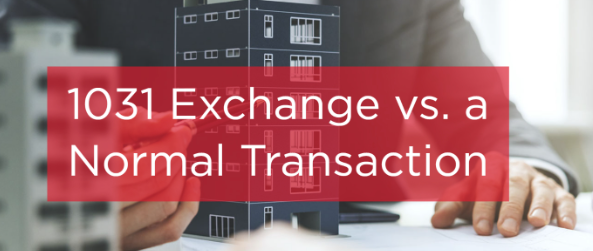Houston is a city of diverse opportunities and growth. When it comes to real estate, savvy investors are always on the lookout for ways to maximize profits. One popular and powerful tool used by real estate investors is the 1031 exchange. A 1031 exchange allows an investor to defer capital gains taxes and invest the proceeds into another property. But to conduct a successful 1031 exchange houston, there are insider tips and strategies that you need to know. In this blog, we will share an insider’s guide to a successful 1031 exchange in Houston.
Understand the Timeline. The IRS has a strict timeline for a 1031 exchange that must be followed to qualify for tax-deferred treatment. The investor has 45 days to identify a replacement property and a total of 180 days to close on the property. In Houston’s dynamic real estate market, it is essential to work with a knowledgeable real estate agent and qualified intermediary to ensure that you stay on track with the tight timeline.
Find a Qualified Intermediary. A qualified intermediary is an essential part of a successful 1031 exchange. The IRS requires that a third party who is not related to the investor act as the intermediary to hold the proceeds from the sale of the original property and use it to purchase the replacement property. In Houston, there are several reputable, experienced firms that specialize in 1031 exchanges. It is crucial to do your due diligence and hire an intermediary that is knowledgeable, reliable and has a proven track record.
Look for the Right Property. Finding the right replacement property in Houston involves an in-depth search and a clear understanding of real estate markets. A successful 1031 exchange requires finding a replacement property that meets the criteria set by the IRS, such as an equal or higher value property than the one that was sold, uses the proceeds towards property improvement or land development or investing in multiple properties. It is essential to work with a real estate agent who knows the Houston real estate market and has contacts in the community to help you find the right property.
Calculate Your Basis Adjustment. To calculate the potential tax savings from a 1031 exchange, it is crucial to understand the basis adjustment. The basis adjustment is the difference between the cost of the original property and the cost of the replacement property. If the replacement property costs more than the original property, the investor benefits from the tax deferral and enjoys a higher basis, which reduces the taxable gain in the future.
Consult With a Tax Professional. A 1031 exchange is a powerful tool that can offer significant tax savings. However, every investor’s situation is unique, and it is essential to consult with a tax professional to understand the tax implications. A knowledgeable tax professional can help you understand the tax consequences of a 1031 exchange, provide guidance on the best strategies to minimize your tax liability, and ensure that your 1031 exchange is done correctly.
Conclusion:
A 1031 exchange can be a powerful tool for real estate investors to maximize profits and defer taxes. Houston is a city of diverse opportunities and growth, and conducting a successful 1031 exchange in the city requires insider knowledge and strategies. By following these tips and working with a knowledgeable team, you can make the most of a 1031 exchange, and maximize your profits in Houston’s dynamic real estate market.

